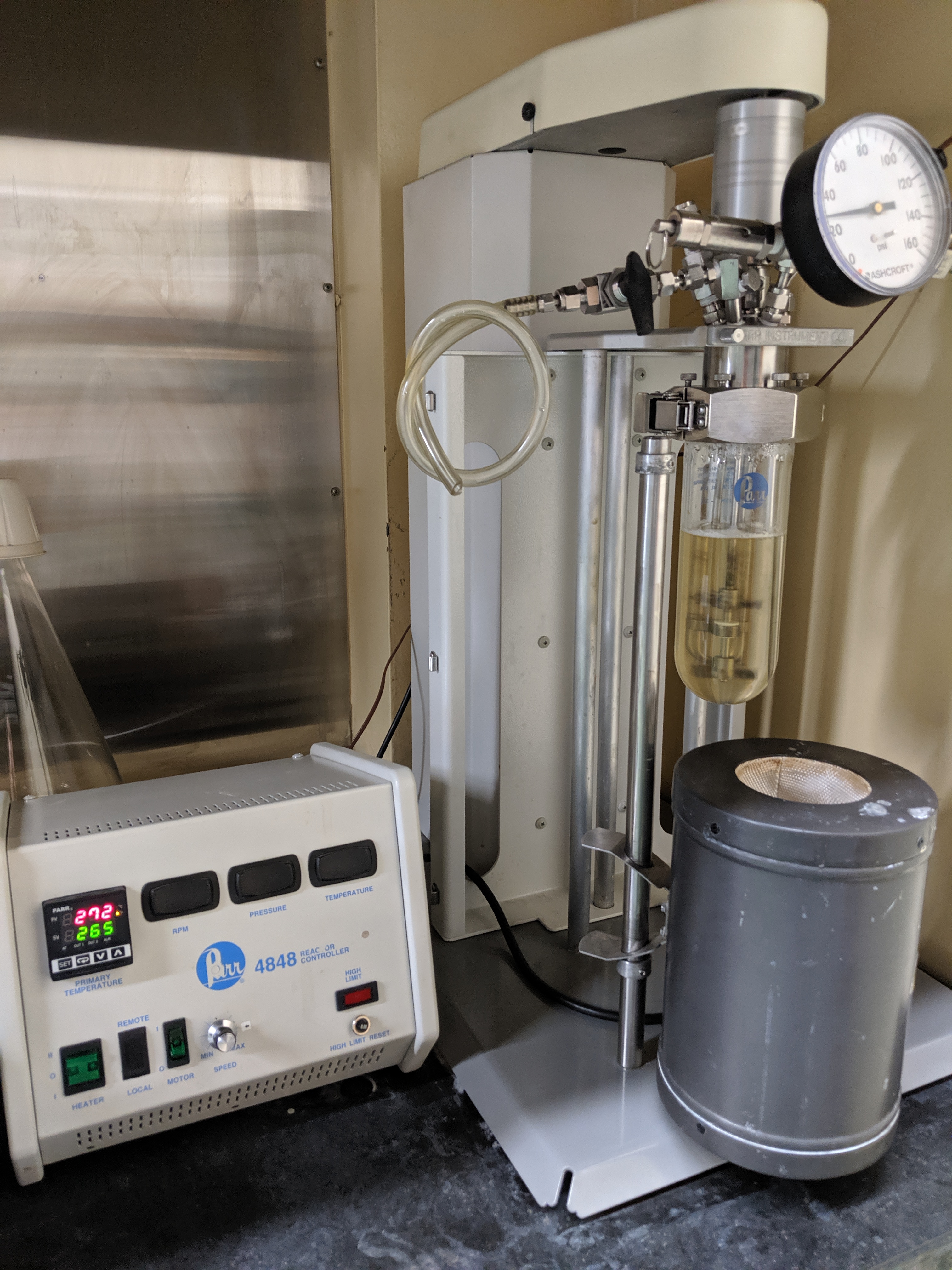With years of experience manufacturing soaps for numerous customers, we are always in contact with latest technologies and ingredients, evaluating what works and what does not. While our base formulations are tried and true, it does not stop us from developing new formulations as technology evolves; we embrace change and raising the bar.
However, even as we push technology forward, soap chemistry is unique and many people first stepping into its handling are not familiar with it, often assuming it is a surfactant like most others.
Frequently Asked Questions
1. All castile soaps are the same, correct?
Nope. Not even close.
Just as a winery or brewery may have dozens of drink choices, so are the choices with castile soap, perhaps even more.
Ok, castile soap are, under today’s traditional sense, made from vegetable oils, but that is about where the similarity ends. Every vegetable oil, whether derived from Coconuts, Baobab seeds, Olives, Hemp Oil, High-oleic Sunflower Seeds, or other sources, brings unique properties to each soap.
Our Potassium Cocoate is a concentrated soap made exclusively from coconut oil, which has outstanding oil-removing (cleaning) and foaming qualities. Our organic 95% Ultra-Olive Castile Soap is very mild and best suited for skin with reduced oil-stripping properties.
2. What makes your soap formulations better?
All our soaps go through a rigorous quality control process. Naturally, we calculate saponification values for a given range of oils, but those are always ranges. We tritrate every batch of soap for free fatty acid/free KOH values to ensure final specifications are met.
We make all our base soaps as concentrated as possible –many manufacturers do not. One would not know unless you have the proper lab equipment & knowledge. Not many manufacturers provide a Certificate of Analysis with every batch, or if they do, provide minimal information. We provide a full complement of information with each batch.
We have been making soaps since 1941 and still going strong.
3. Can I replace existing surfactants with soap?
Maybe. While soap is a anionic surfactant, it has limitations. It most often exists in pH environments from 9.0 - 11.5. It also reacts with hard water, which creates that squeaky feel you hear when rubbing your finger on cleaned surfaces.
4. How much does it cost to get a custom soap sample?
$150.00 - $250.00. This is the typical cost to complete a soap recipe interview and manufacture a basic 8oz. soap sample. Exceptions would be specialty ingredients that require their purchase to acquire. Typically secondary processing, such as with 95% organic products, results in higher laboratory time.

